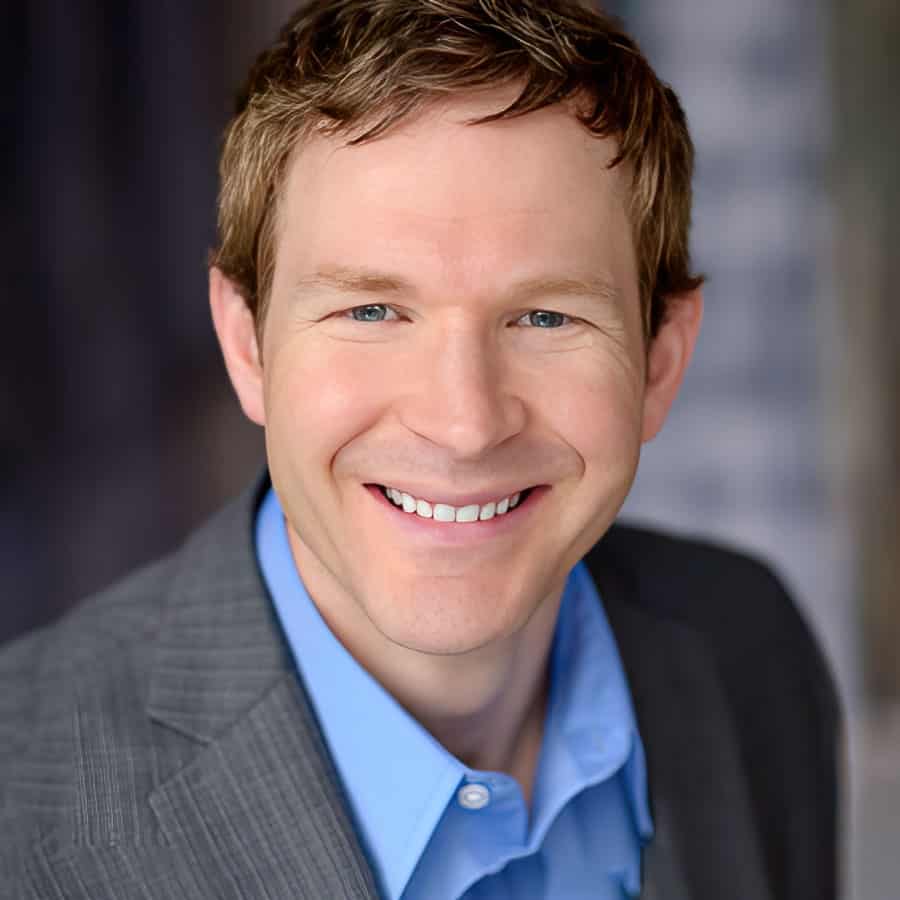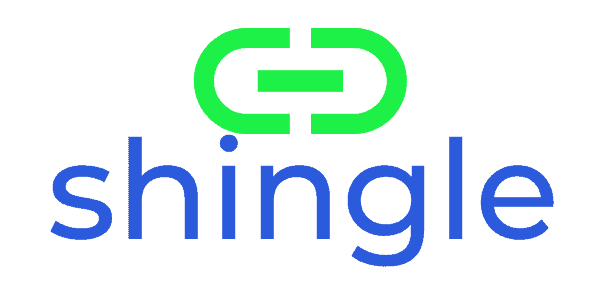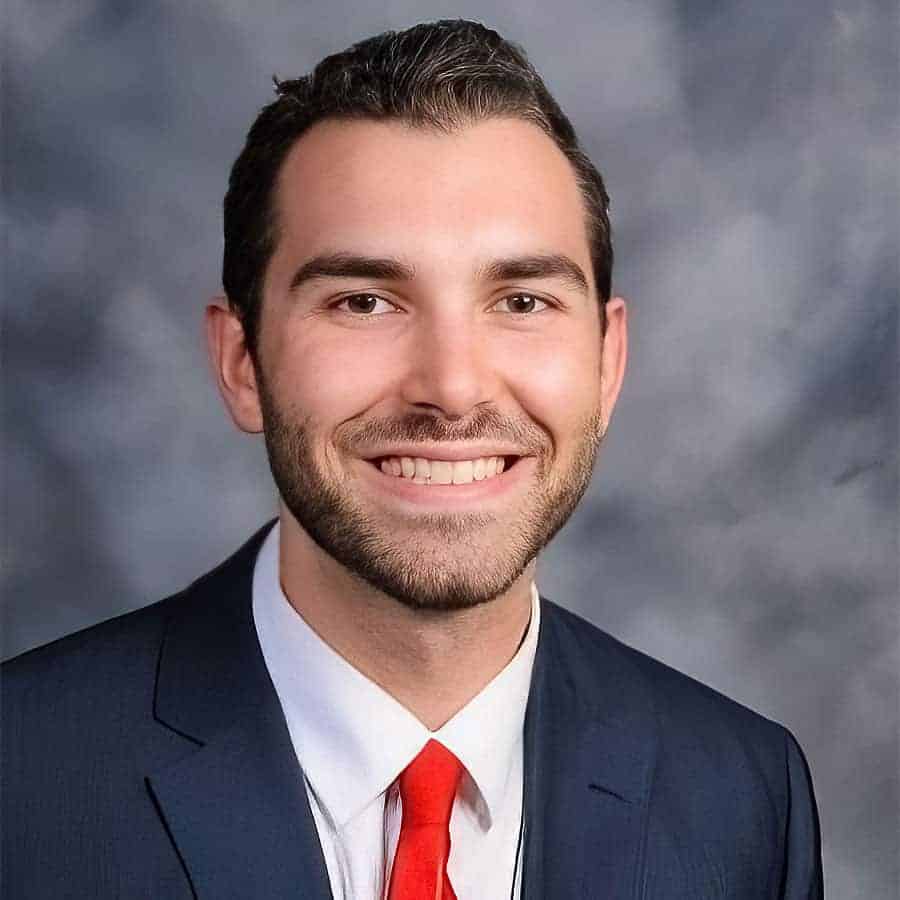In this episode, I talk to Aaron Klimisch, P.E., the co-founder at Shingle, who shares with us the story of how Shingle came to be, the tools and resources available on the platform, and how it helps engineers quickly set up their own firms and make connections with clients. We also discuss the importance of relationship-building in the AEC industry, the amount of writing engineers do, and the potential of AI writing assistants. If you’re an engineer looking to build your personal brand and stay ahead of the changes in the industry, this episode is for you!
***You can view the video version of this episode here***
Engineering Quotes:
Here Are Some of the Questions I Ask Aaron:
- Can you tell us a little more about what Shingle does specifically, the significance of its name, and who can benefit from the service?
- Would you say that giving engineers a lower-risk environment to test the waters of entrepreneurship is an apt description of Shingle?
- Is there any limit as to who can join Shingle as a freelancer, such as electrical engineers?
- What have you guys learned from the beta phase of Shingle?
- How did you find the niche of engineers who want to build their personal brand online?
- What was your hunch that Shingle would work out?
- What is the potential of AI writing assistants in the context of engineering?
- Can you talk a little bit more about the amount of writing engineers do?
- What are the other tools on the platform and how are they benefiting users?
- What can firms get out of the platform and what can individuals get out of it?
- What’s one piece of advice you would give to our listeners when it comes to building a personal brand?
Here Are Some Key Points Discussed in This Episode About Designing Your Personal Brand: Tips for AEC Professionals:
- Shingle is a platform designed specifically for freelance engineers in the AEC industry. The name comes from the old practice of hanging a Shingle on your door to signify that you’re open for business. Shingle offers tools and resources to help engineers quickly set up their own firms and make connections with clients. There are different tiers of service available, including a free option to get started.
- Shingle matches engineering firms with freelancers to assist with peak workloads. However, during the beta process, firms viewed the platform as an emergency tool rather than a new way of approaching work, and they still wanted to build a relationship with an engineer before assigning even the most meaningless task. This surprised the Shingle team, who thought that the engineers being verified and licensed would be sufficient. As a result, Shingle learned that relationship-building is essential in the AEC industry, and it has built-in tools to help facilitate this before moving on to tasks.
- Shingle and their business partners, who are all engineers, found a niche in the industry by researching a tool that they needed but couldn’t find. They have a healthy amount of confidence in their product because they are also users of the tool and have experienced the challenges in the industry firsthand. They don’t need to ask for feedback from other engineers because they are the users themselves.
- It is frustrating having a lack of a particular tool in the industry that has been needed for a while. Shingle eventually decided to build the tool themselves despite initial doubts about their ability to do so. The frustration came from the resistance to new ideas in legacy organizations, which led to the decision to bypass them and build the tool themselves.
- It is surprising how much time engineers spend writing, with junior engineers spending up to 30% of their day writing and senior management spending over 80%. Shingle was created to help engineers showcase their work experience, but they found engineers struggled with profile completion. To address this, they created a tool to prompt engineers to write quickly and efficiently, and they plan to expand the tool to include professional letters and reports. The upcoming advancements in AI, including GPT-4, will transform the industry despite skepticism from others.
- ChatGPT is a major technological leap, as evidenced by Microsoft’s investment in it. It has the potential to do amazing things, but Shingle does not share the belief that it will lead to an apocalypse.
- Shingle has many tools available for freelancers, such as invoice and payment tracking, predefined consulting contracts with digital signing, and a PDH tracker. The PDH tracker was built because admin tasks can be frustrating. There is another tool called “Word You Later,” which is for AI-based marketing, prebuilt contact forms, and an appointment booking tool like Calendly for consultants.
- Engineers often get bogged down in administrative tasks instead of doing actual engineering work. To solve this problem, Shingle’s platform aims to automate and streamline these tasks for engineers as well as for freelancers and consultants. User feedback plays an important role in building the platform.
- Shingle allows engineers to organize their work experience and skills, making it easier to move between firms. The platform also offers an internal network for firms to organize their employees’ skills and project experience, as well as a skill-matching algorithm to identify skills gaps.
- As an engineer, you must start building your brand now to prepare for the future of flexible, project-centric work and the growth of freelancing. Showcase your unique skill sets and embrace technology to stay ahead of the changes in the industry.
More Details in This Episode…
About the Guest: Aaron Klimisch, P.E.

- There is a shortage of engineers in the U.S. to fill the available positions.
- Small firms have trouble attracting engineers because they are generally unable to compete with the pay/benefits offered by large firms.
- Small firms have an over-utilized staff, which can lead to high employee turnover.
That’s why he started Shingle — to put all their knowledge and expertise into fixing these issues and helping engineers and small firms find more and better jobs. Shingle has now become the primary hub for flexible, U.S.-accredited professional engineers and engineering firms to collaborate remotely with a project-centric approach.
About the Host: 
Nick is a field and VDC engineer at StructureCare, owner of Green House Property Management, and the host of the AEC Engineering and Technology Podcast. Nick’s interests lie at the intersection between the built world and technology, and he can be found looking for the ever-changing answer to the question, “How can we do this better?” He can be found on LinkedIn, producing content about the use of technologies in his civil engineering career and small business.
Sources/References:
Shingle
ChatGPT
Calendly
Connect with Aaron Klimisch, P.E., on LinkedIn
This Episode Is Brought to You by Shingle

We would love to hear any questions you might have or stories you can share on designing your personal brand.
Please leave your comments, feedback, or questions in the section below.














